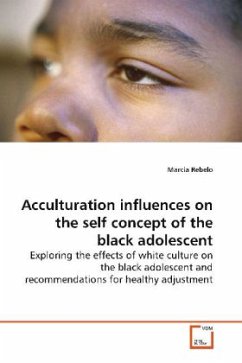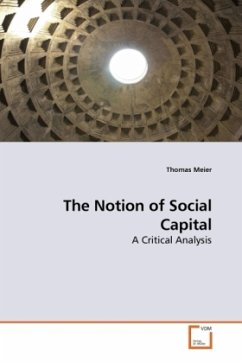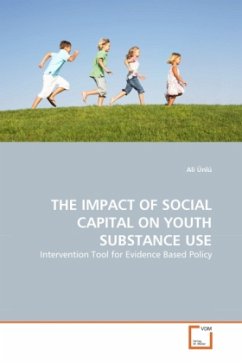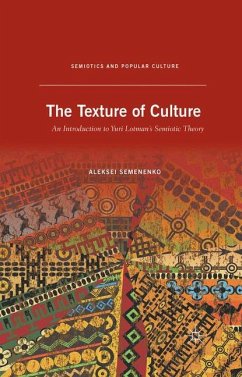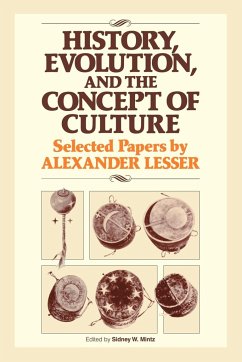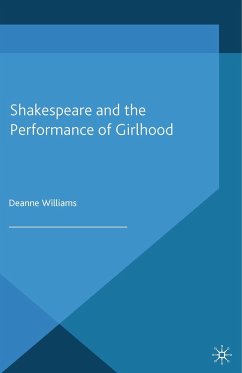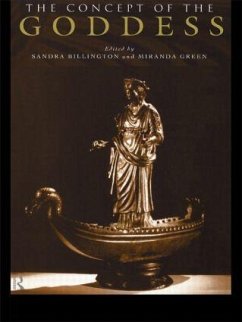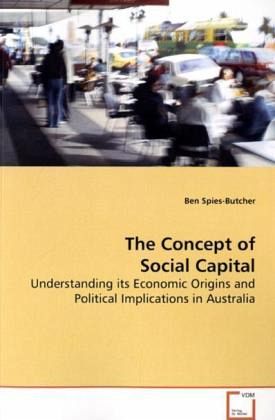
The Concept of Social Capital
Understanding its Economic Origins and Political Implications in Australia
Versandkostenfrei!
Versandfertig in 6-10 Tagen
66,81 €
inkl. MwSt.

PAYBACK Punkte
33 °P sammeln!
The concept of social capital has been widelyembraced by academics, activists and governments. It promises alanguage to unite economics and sociology, and a resource thatwill help explain poverty, social exclusion and civic distrust. Yetsome suspect a sinister process of colonisation, where the methodsand ideology of market economics are imposed upon the broader socialsciences. This book argues the concept's origins lie within therational choice tradition, but makes a distinction between themethodological and ideological development of the concept. While socialcapital theory may present an opp...
The concept of social capital has been widely
embraced by
academics, activists and governments. It promises a
language to
unite economics and sociology, and a resource that
will help explain
poverty, social exclusion and civic distrust. Yet
some suspect a
sinister process of colonisation, where the methods
and ideology of
market economics are imposed upon the broader social
sciences.
This book argues the concept's origins lie within the
rational choice
tradition, but makes a distinction between the
methodological and
ideological development of the concept. While social
capital theory
may present an opportunity for social theorists to
engage with and
learn from economists, the development of the concept
also
suggests political commitments to individualism and a
suspicion of
the state that may cause progressive theorists to
pause for thought.
Looking to contemporary Australian politics, this
book argues that
these same dynamics help us understand the evolving
debates
around the impact of the market on community, from
economic
rationalism and community development to the recent
Third Way
debate.
embraced by
academics, activists and governments. It promises a
language to
unite economics and sociology, and a resource that
will help explain
poverty, social exclusion and civic distrust. Yet
some suspect a
sinister process of colonisation, where the methods
and ideology of
market economics are imposed upon the broader social
sciences.
This book argues the concept's origins lie within the
rational choice
tradition, but makes a distinction between the
methodological and
ideological development of the concept. While social
capital theory
may present an opportunity for social theorists to
engage with and
learn from economists, the development of the concept
also
suggests political commitments to individualism and a
suspicion of
the state that may cause progressive theorists to
pause for thought.
Looking to contemporary Australian politics, this
book argues that
these same dynamics help us understand the evolving
debates
around the impact of the market on community, from
economic
rationalism and community development to the recent
Third Way
debate.



